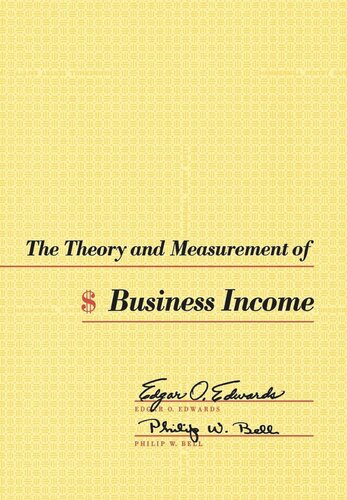

Most ebook files are in PDF format, so you can easily read them using various software such as Foxit Reader or directly on the Google Chrome browser.
Some ebook files are released by publishers in other formats such as .awz, .mobi, .epub, .fb2, etc. You may need to install specific software to read these formats on mobile/PC, such as Calibre.
Please read the tutorial at this link: https://ebookbell.com/faq
We offer FREE conversion to the popular formats you request; however, this may take some time. Therefore, right after payment, please email us, and we will try to provide the service as quickly as possible.
For some exceptional file formats or broken links (if any), please refrain from opening any disputes. Instead, email us first, and we will try to assist within a maximum of 6 hours.
EbookBell Team

4.0
26 reviews"This is a well-written book; the complex ideas are clearly expressed and the arguments well stated. There is some apparent rediscovery (and renaming) of old ideas, but the process is made palatable and worthwhi le by the crispness of the discussion and the un wavering penetration to the root of each issue as it arises. Most difficult problems in the social sciences, the authors note, have no definitive solutions, but simply outcomes. This book deserves a niche among the classic works in the business income literature as a significant milestone on the road to whatever outcome the future holds."--The Journal of Business "Professors Edwards and Bell give us a most satisfying study of different concepts of business income. It is rare to find authors so much at home in both economics and accounting. As they themselves suggest, time may show that their programme needs amendment; but they state the problem clearly and provide an excellent starting point. In passing, they give help on many other questions--when to replace plant, how to measure depreciation, which rate of compound interest to use in budgets, and so on. Beyond doubt their book is the most wise and original contribution to accounting theory since Professor Bonbright wrote 'The Valuation of Property' a quarter of a century ago."--The Economist